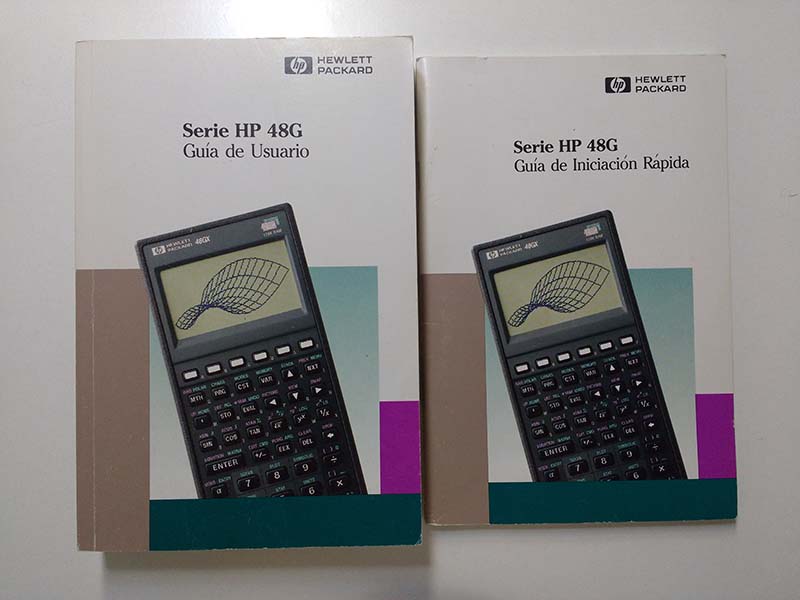
I will also need alot of book-keeping, security/privacy etc. This will provide you with powerful conceptual tools that gobeyond the specific topics we tackle in this class, and are of general use for anyapplication that needs to deal with data.Now we proceed in showing an example, and show how hard is doing thingswithout a DB, later we will introduce formal DB concepts and show how mucheasier things are using a DB.3Mafia ExampleToday we cover the user perspective, trying to detail the many reason we wantto use a DBMS rather than organizing and accessing data directly, for exampleas files.Let us assume I am a Mafia Boss (Note: despite the accent this is not thecase, but only hypothetical!) and I want to organize my group of “picciotti”(sicilian for the criminals/bad guys working for the boss, a.k.a the soldiers, seeFigure 2) to achieve more efficiency in all our operations. The database community has devoted significant effort informalizing few key concepts that most applications exploit to manipulate data.This provides a formal ground for us to discuss the application requirementson data storage and access, and compare ways for the DBMS to meet suchrequirements. Tothis purpose DBMSs provide facilities that serve the most common operationsperformed on data. You need to know about databases if you want to be happy!The goal of a DBMS is to simplify the storing and accessing of data. Web sites, big companies, scientific projects, all manageboth day to day operations as well as business intelligence data mining.
Starmoney 9.0 handbuch pdf software#
Why are databases any different?2ĪPP1APP2DBMS"a system to create,manipulate, access databases(mediate access to the data)"DB"a collection of structure data"Figure 1: What is a database management system? Ubiquity (anywhere from your smartphone to Wikipedia) Real world impact: software market (roughly same size as OS marketroughly 20B/y). Typically organized as “records” (traditionally, large numbers, on disk) and relationships between recordsThis class is about database management systems (DBMS): systems for cre ating, manipulating, accessing a database.A DBMS is a (usually complex) piece of software that sits in front of acollection of data, and mediates applications accesses to the data, guaranteeingmany properties about the data and the accesses.Why should you care? There are lots of applications that we don’t offerclasses on at MIT. Adatabase captures an abstract representation of the domain of an application. CurinoSeptember 10, 20102IntroductionREADING MATERIAL: Ramakrishnan and Gehrke Chapter 1What is a database? A database is a collection of structured data.

6.830/6.814 - Notes for Lecture 1:Introduction to Database SystemsCarlo A.


 0 kommentar(er)
0 kommentar(er)
